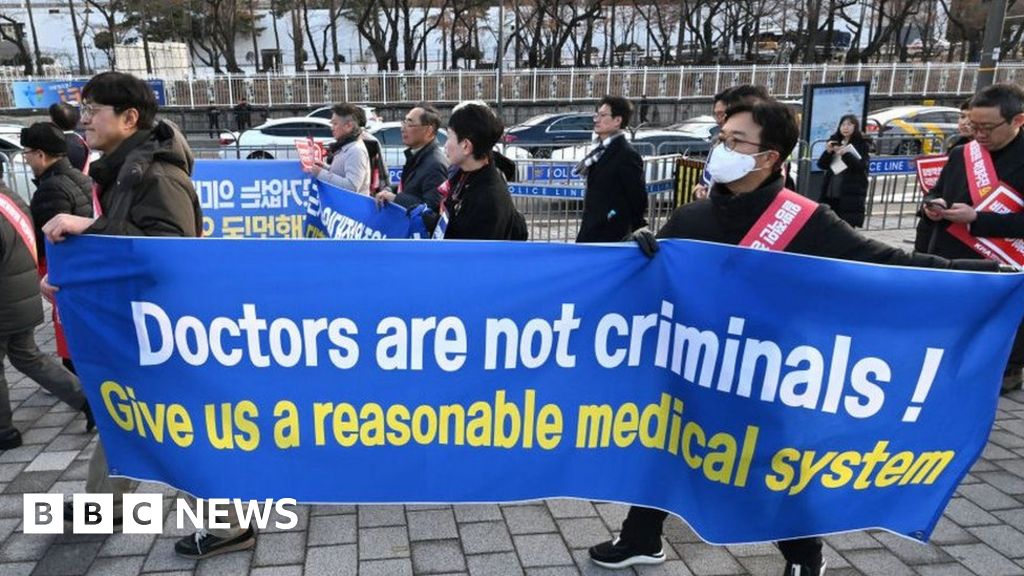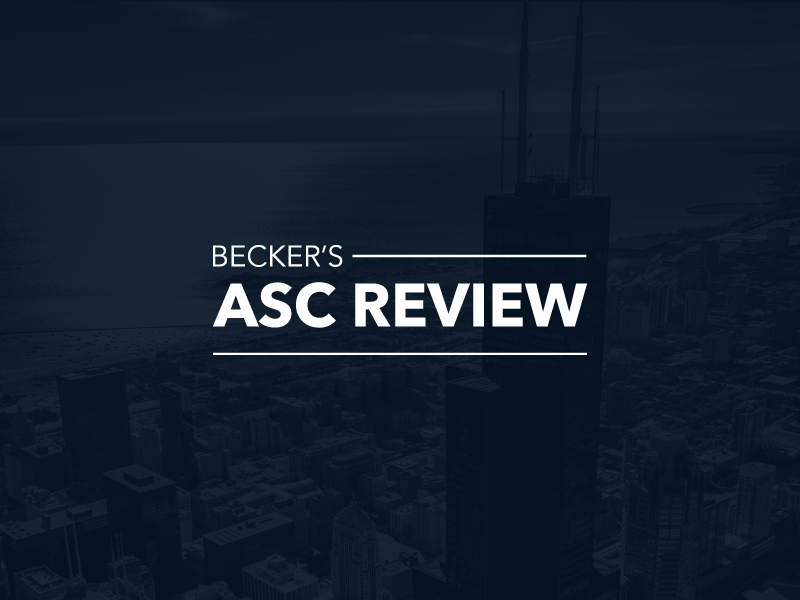Sometimes we do the cases in the ICU, if the patients are especially sick. For the most part, if the patient isn't unstable or on a ventilator, I do prefer they come to us in the GI suite. It's a little better (ergonomically) to do cases there, you don't have to haul a travel cart around, the GI docs are in their comfort zone.
If they cared more. Yeah.
Our GI group is such a moneygrubbing bunch of scope drivers that
1) They don't even see clinic any more - it's all NPs and PAs - so they can do 4+ days/week doing scopes.
2) They collectively quit doing ERCPs because they're inconvenient and unprofitable. Hospital had to go employ an outside GI doc to do them.
On Friday the GI doc I was with wanted me to go to the ICU to sedate this patient for an EGD: Admitted after massive hematemesis in the field, coded on the way to the hospital, intubated, on ventilator, possibly seizing, had received 12 mg of midazolam in the last hour, on 15 mcg/min of norepi. Admission Hb was 3.0 and had received 6 units of RBCs that morning, now Hb above 8. Completely unresponsive. Mass of electrodes on scalp for neurology evaluation.
It's funny. We give ortho good-natured crap for asking IM to manage their joint patients' mild chronic hypertension, but if there's a specialty that collectively has no interest in being medical doctors any more, it's GI.
I am going to disagree a little and say that the great majority of GI case should get propofol. It's a vastly superior patient experience to the old way of RN-administered midazolam and fentanyl. It just needs to be an anesthesiologist doing it.



